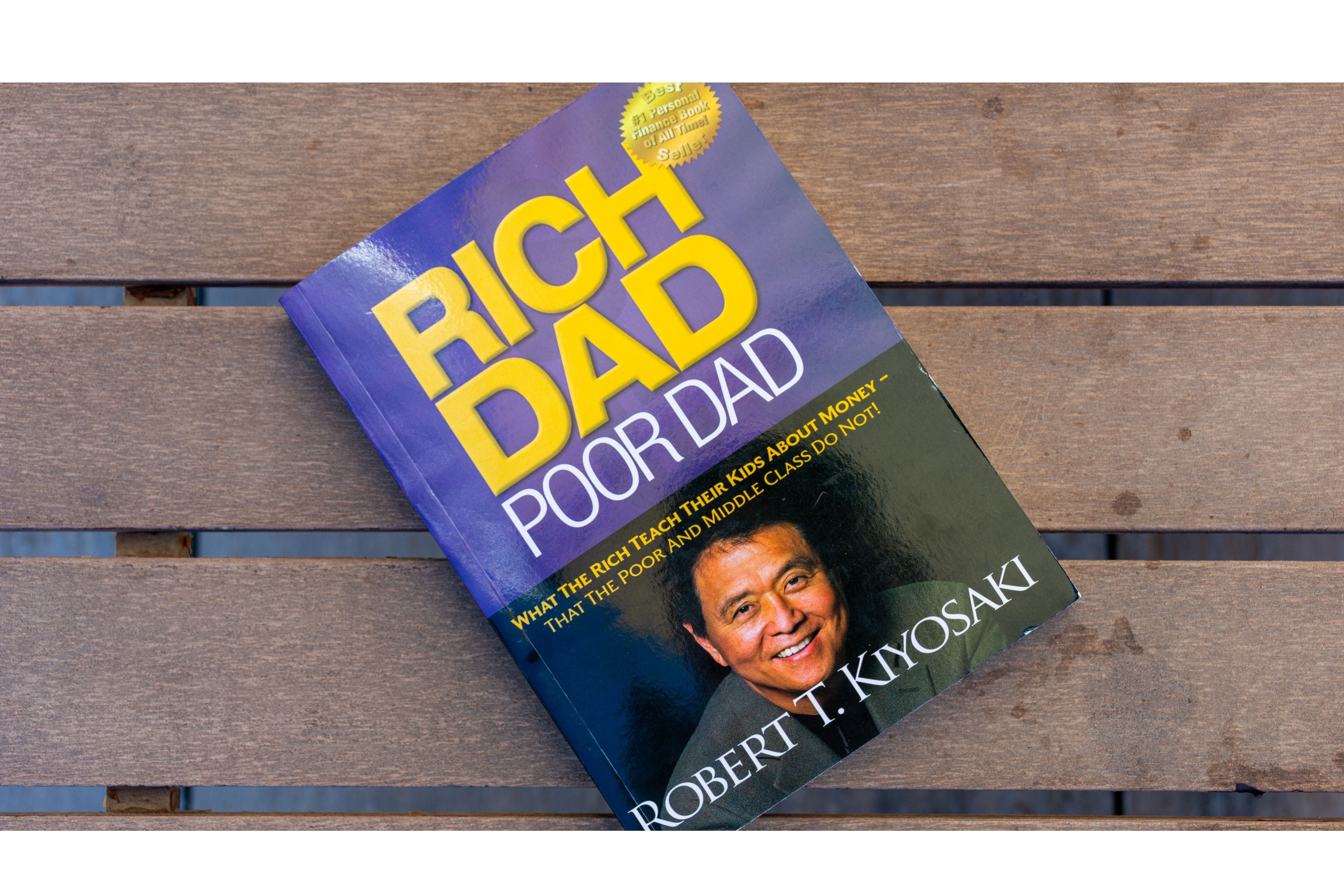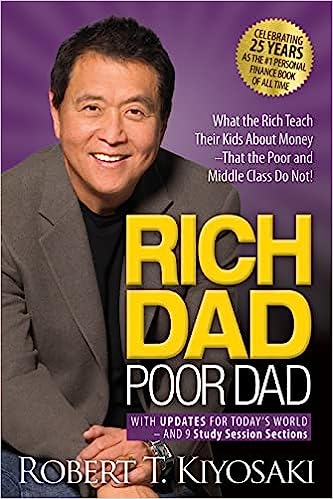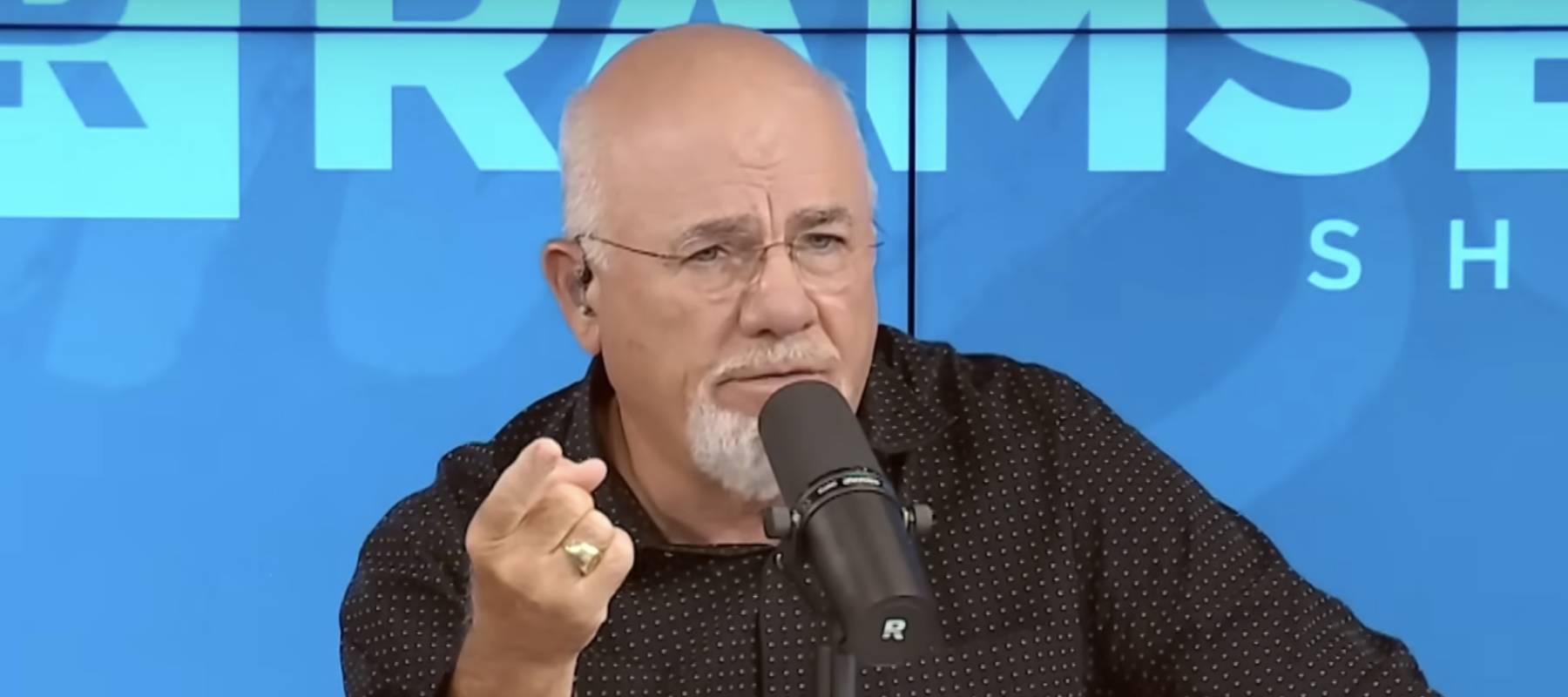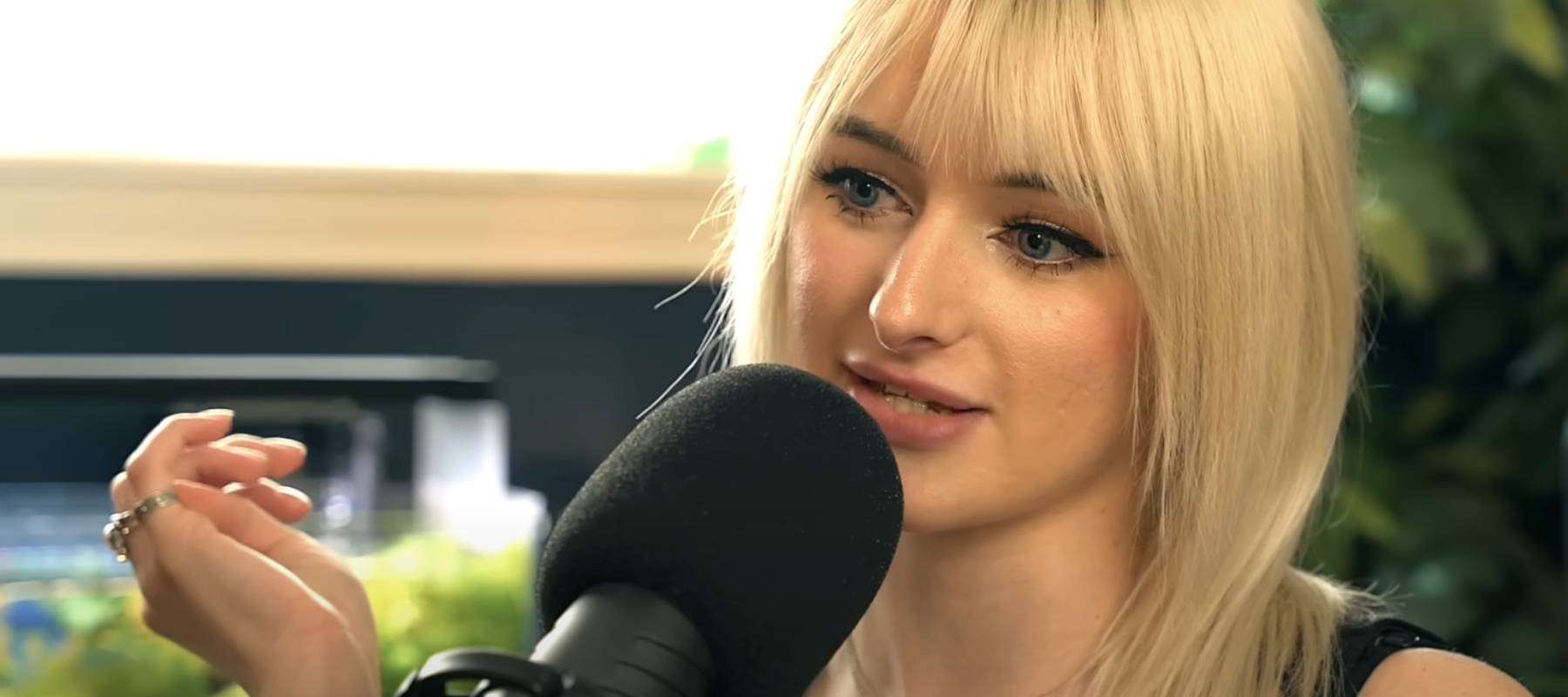
Rich Dad, Poor Dad review – Revisited 20 years later
hamdi bendali / Shutterstock
We adhere to strict standards of editorial integrity to help you make decisions with confidence. Please be aware that some (or all) products and services linked in this article are from our sponsors.
We adhere to strict standards of editorial integrity to help you make decisions with confidence. Please be aware that some (or all) products and services linked in this article are from our sponsors.
Since its debut in 1997, Robert T. Kiyosaki's Robert Kiyosaki's Rich Dad, Poor Dad has been a landmark among personal finance books, a best-seller that has sold nearly 40 million copies worldwide.
I first read the book back in 2000, when I was still a budding entrepreneur. I figured I would re-read it now that I have more experience under my belt. I also wanted to see if it's held up to the test of time, and if I would like it as much as I did when I first read Rich Dad, Poor Dad. A lot has happened financially in the past 20 years, and I'm curious if some of Kyosaki's predictions came true.
Our review
Quick Facts
While Robert Kiyosaki's bestseller is recommended reading for starting entrepreneurs, this book does have some flaws. You should read this book just to start thinking differently than the average employee, if not to get motivated. However, take Kiyosaki's advice with a grain of salt.
When I first read the book, I primarily liked how Kiyosaki viewed the world from a different perspective. It got me to think differently about my business and investing than I had previously.
Kiyosaki seems to be a polarizing figure: You either love or hate his work. The Simple Dollar review of Kiyosaki's work, for example, adds a lot of personal bias, and I don't think that's fair.
I try to take a more neutral viewpoint and will review the book based upon my experience in the business world.
Rich Dad, Poor Dad should be viewed as a general starting point — an investment/startup summary, rather than a list of specific items to do as an entrepreneur.
Robert Kiyosaki emphasizes six key points throughout the book. These points — which differentiate between his “poor” dad (his real dad) and the “rich” dad that helped him understand business and become wealthy — are:
- 1.
The rich don’t work for money
- 2.
The importance of financial literacy
- 3.
Minding your own business
- 4.
Taxes and corporations
- 5.
The rich invent money
- 6.
The need to work to learn and not to work for money
Good points in the book
Flawed educational system
As Robert mentions many times in the book, our traditional educational system is flawed. Our education system is designed primarily to create employees and could be a negative influence for an entrepreneur. As Kiyosaki mentions, he's not suggesting that people skip higher education; he's suggesting higher education does not assist with “street smarts.” Financial literacy is something that is rarely discussed in school, and if it is discussed, it is only at basic levels. Based upon my personal background, I've made this a personal focus and will make sure my children are well educated in this subject.
The cost of education continues to increase much faster than the rate of inflation. It's becoming more clear our education system is broken. Robert's statements about this topic are accurate.
Being an entrepreneur is less risky
The popular belief is that owning a business is riskier than working for someone else. In my opinion, owning a business gives you all sorts of self-reliance skills you would not get when working for someone else. If anything, with today's “cradle to grave” mentality, we are creating more dependent individuals.
Owning a business has given me much more independence and many more invaluable skills I could still use if I were to work for someone else. On a weekly basis, I now do things I used to consider risky or could never imagine doing before owning a business.
Your primary residence is NOT an asset
Over the years it generally has been accepted that your primary residence is an asset. Robert flat-out states (I believe correctly) that your home is not an asset, since it does not generate positive cash flow. The housing bubble and collapse proved this correct.
“Rich people acquire assets. The poor and middle class acquire liabilities, but they think they are assets.”
While rental properties have also gone down in value, if you focus on positive cash flow, you still are bringing in money every month. Robert even states in his book that home values do not always go up.
Pretty much all consumable goods are liabilities — something even I got tripped up with. Kiyosaki states you should buy investments that generate cash flow to help pay for your “doodads.” I think this is a great way to look at how to purchase your toys.
What is an asset or liability?
An asset is something that puts money in my pocket. A liability is something that takes money out of my pocket.”
A load of Kiyosaki's critics point out that this statement doesn't follow general accounting standards. This is true, and Robert acknowledges this. The point, which many miss, is that you should be focusing on cash flow to get wealthy.
“Wealth is a person’s ability to survive so many number of days forward… or if I stopped working today, how long could I survive?”
I still refer back to this statement today and have devoted a few posts to this topic:
Complaints about the book
There are many reports that Robert's “Rich Dad” does not exist and was made up. This is more than likely true, but there have been many personal finance books that are works of fiction. (The book Wealthy Barber comes to mind.)
The issue some people have with Robert is that he presents his book as a work of non-fiction when it's not, and I agree with this complaint. I find it interesting that John Reed's website puts down Robert's work, but at the same time also sells Reed's own work.
Robert does downplay the role of risk in the investment suggestions. This is somewhat accurate, but he suggests that you should fully understand your investments before diving in. Robert states that investing is risky only if you don't fully understand what you are investing in.
Summary
While I still recommend this book, especially for beginning entrepreneurs, the book has some flaws. In my opinion, many topics he discusses hold the test of time. But take some of what Robert Kiyosaki says with a grain of salt. It should be read, if not for the motivation, just to get you to think differently than a salaried employee. I don't love or hate it, hence the reason why I give this book 3 out of 5 stars.
If you do decide to read Robert's books, I recommend reading only Rich Dad, Poor Dad and Rich Dad's Cashflow Quadrant. Most of the other books are simply a rehash of these two books. I DO NOT recommend attending any local seminars.
I will keep his book on my list of best personal finance books for the primary reason to get you to think outside the box.






